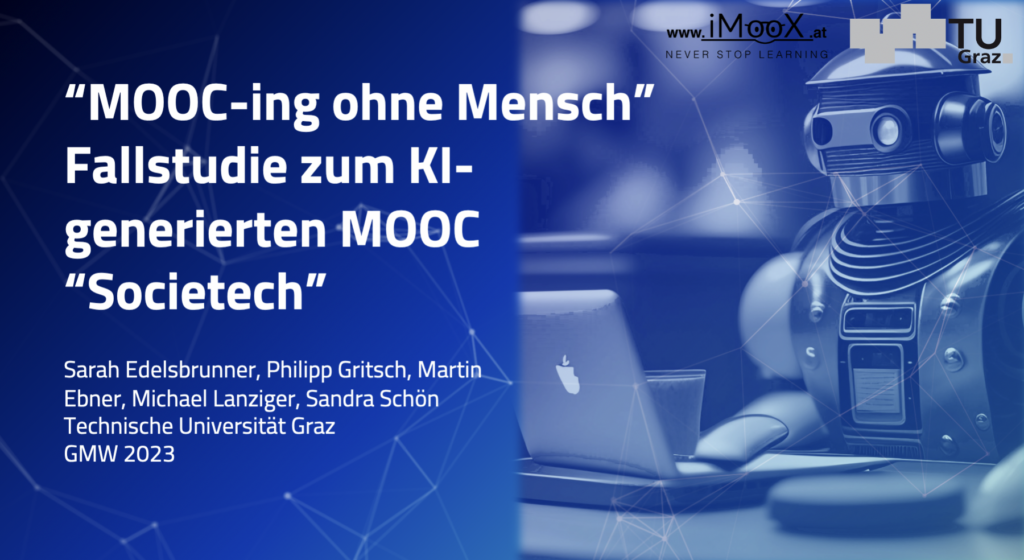 Issue 19(01) of our journal on emerging technologies for learning got published. Enjoy the readings as usual for free :-).
Issue 19(01) of our journal on emerging technologies for learning got published. Enjoy the readings as usual for free :-).
Table of Contents:
- Social Networks as Technology-Enhanced Learning Environments for Second Language Teaching in Higher Education
- Enhancing Teachers’ Professional Identity in a Reflective Learning MOOC
- Construction of Big Data Analysis Platform for College Students’ Sports Training Driven by Wireless Communication Network
- The Design of a Learning Experience Platform using xAPI with Design Thinking Learning to Promote Innovation
- Knowledge Mapping of Blended Learning Classroom Environment Studies (1996-2023)
- Analysis of Abstractive and Extractive Summarization Methods
- Effectiveness of Blended Learning for Civil Engineering Students’ Performance during COVID-19: A Case Study of a Rural University in South Africa
- Inclusive Education from the Contributions in the Virtual Forums of the Students of the Degree of Pedagogy at the University of Malaga
- The Impact of Online Learning during the COVID-19 Pandemic on Language Learning Strategies, Proficiency, and Enjoyment among Thai EFL Students
Nevertheless, if you are interested to become a reviewer for the journal, please just contact me 🙂 .

